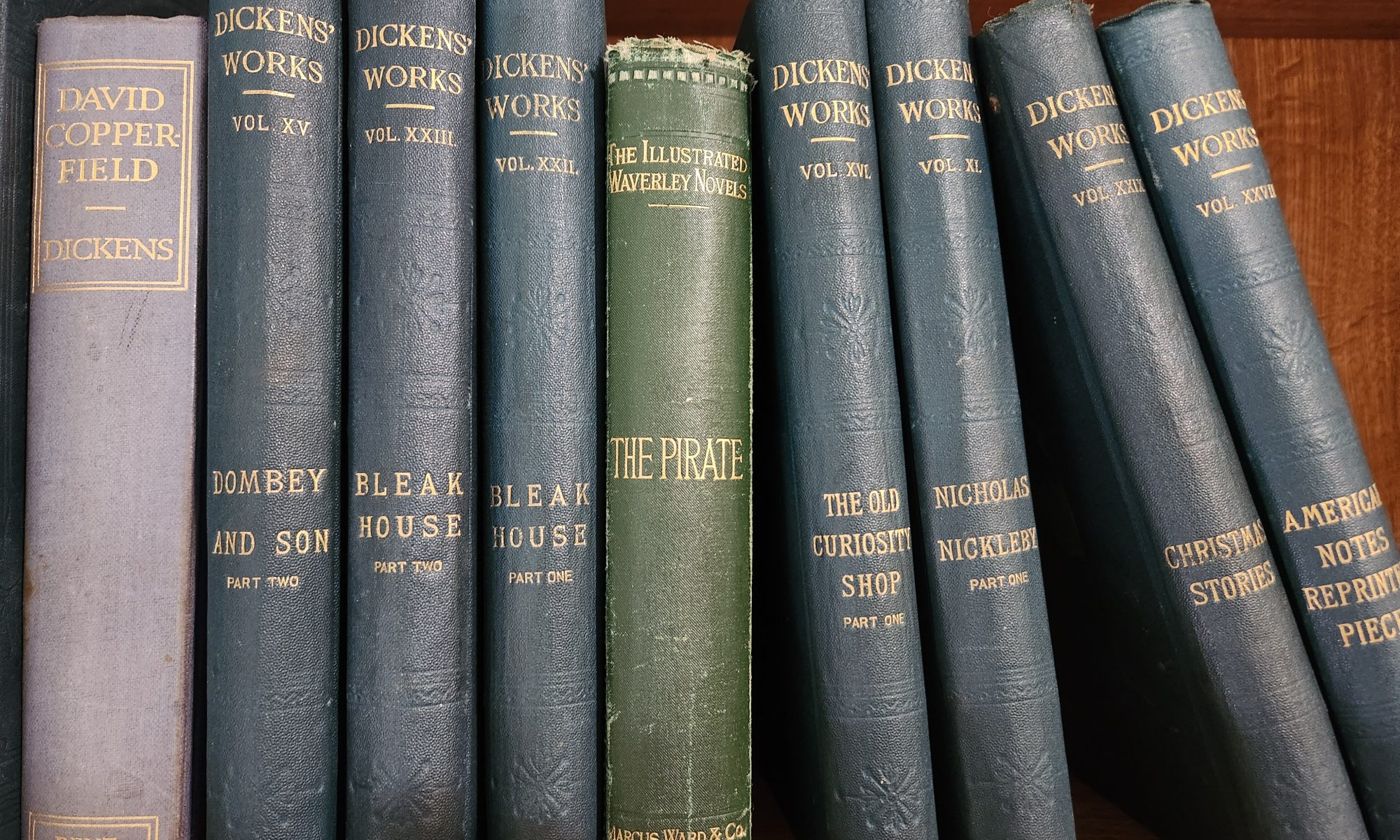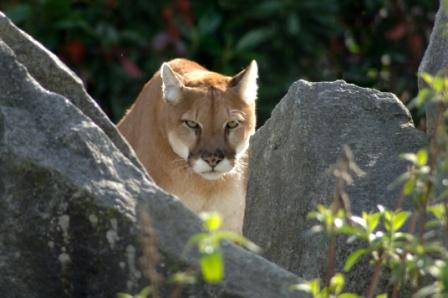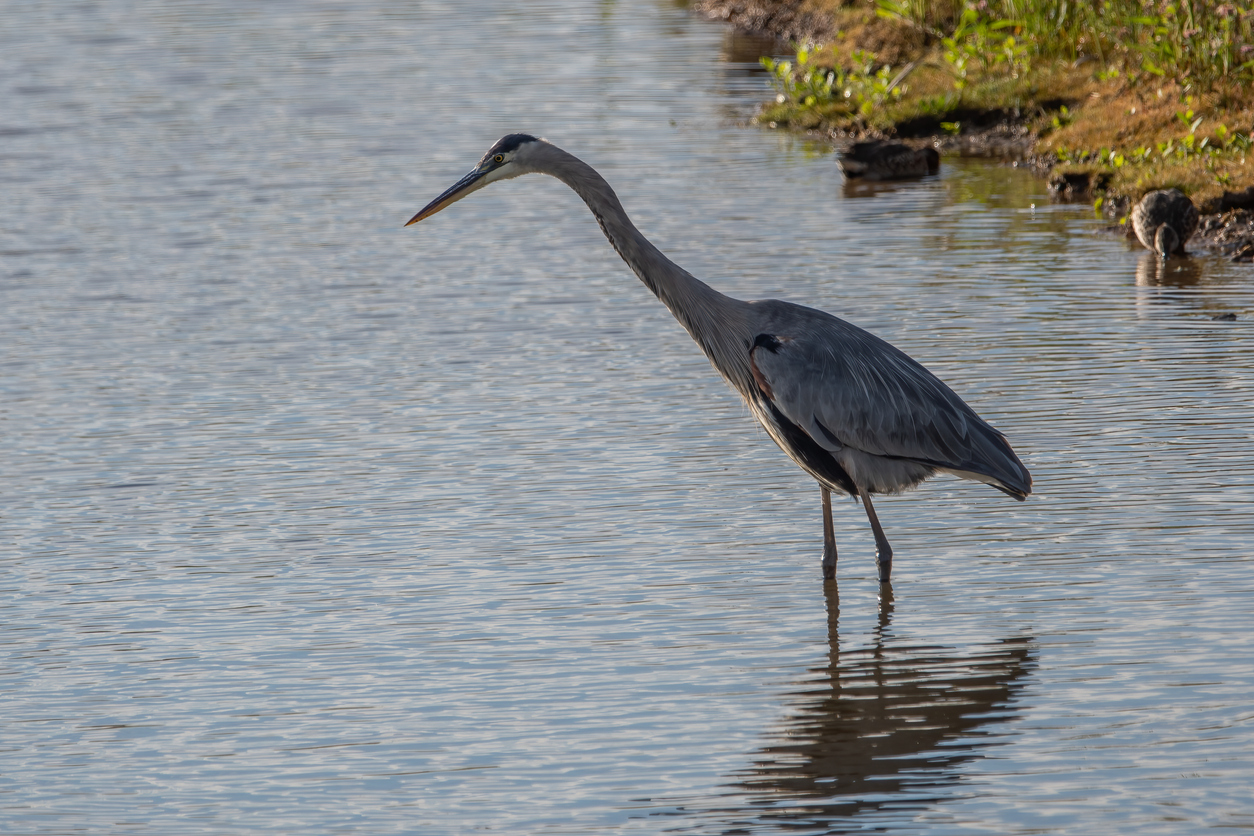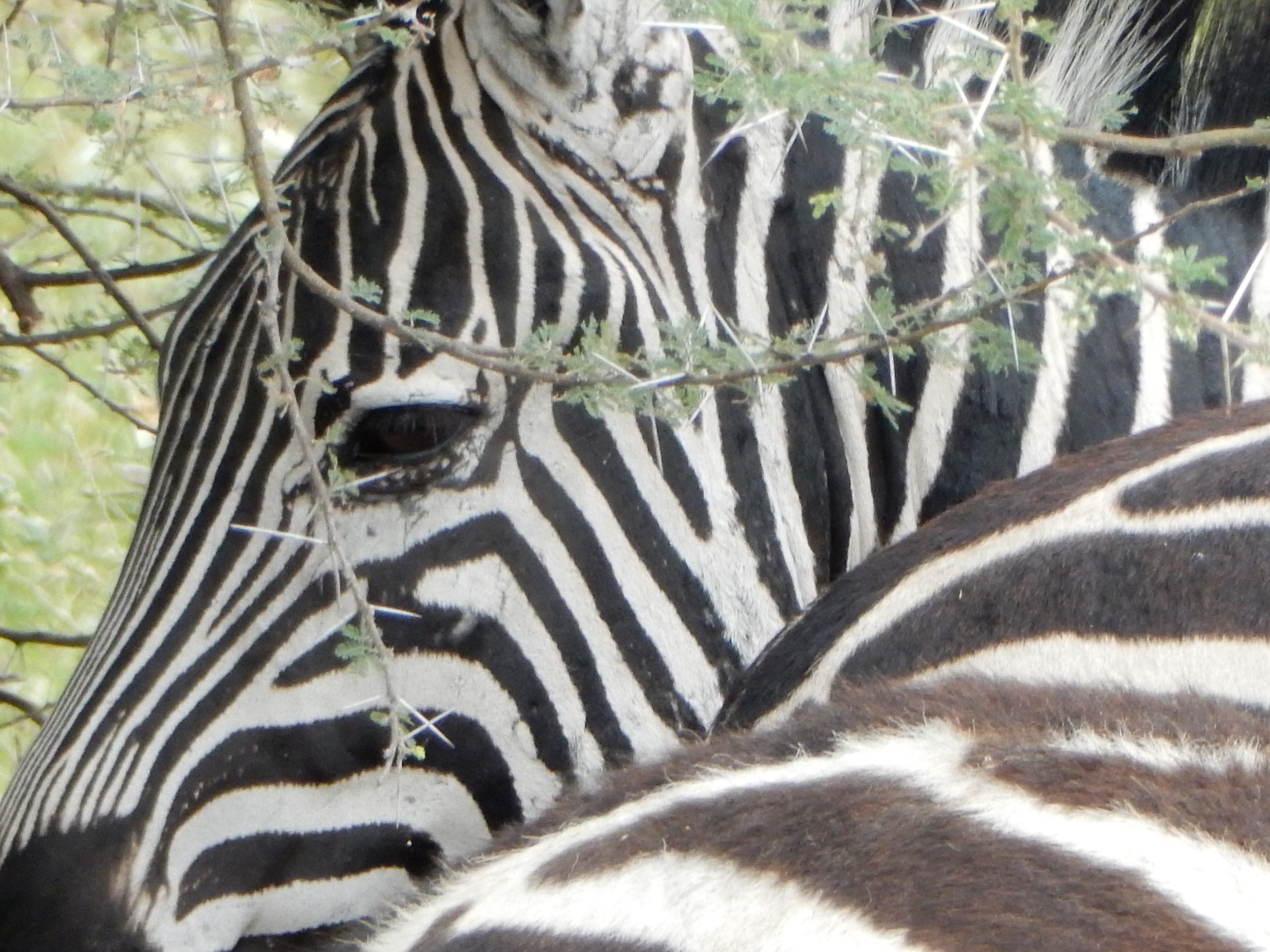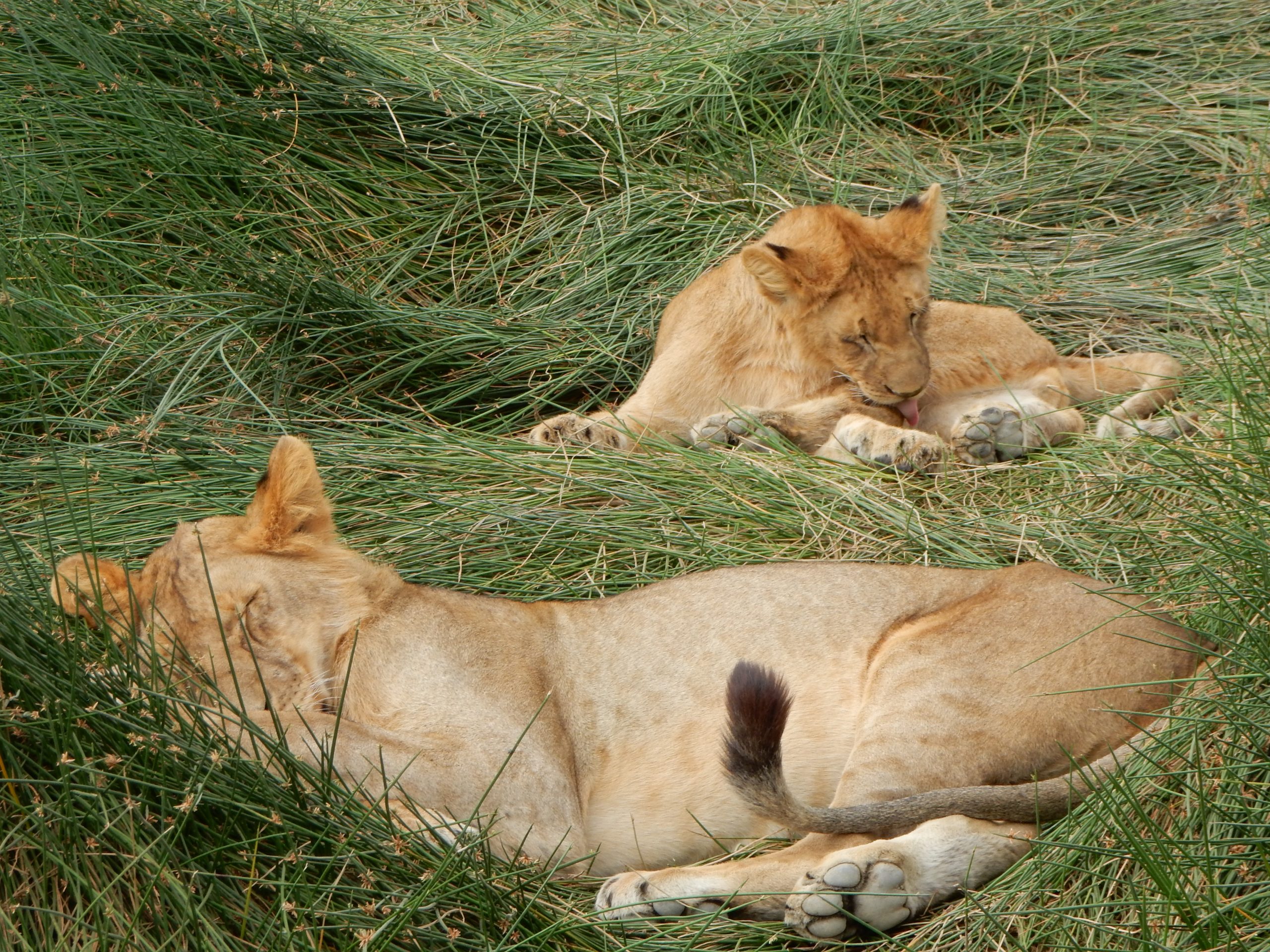When the days become short and darkness descends far too early, I reach for a book. What better way to transport myself to another era, place, or person’s life?
I come from a long line of readers. As a child, there were always stacks of books in various places in the house. As far as I can remember, there were no bookcases, just piles of books here and there. Some were for my grandmother and parents; others for me and my three siblings.
As I got older, I slipped volumes from both piles, happily ensconcing myself in another world.
For many years after I moved to Canada, my family visited frequently. For some reason, they seem to travel in herds and often my two-person household expanded to seven or even nine.
Of course, this meant extra bedding and creative sleeping arrangements. But even more important were lamps – sometimes with extension cords – so each person could read in bed before closing their eyes to sleep.
Those in the know suggest that reading fiction is better for the brain as it requires imagination. But I usually have two books on the go at once. The daytime book is often nonfiction, while the evening and bedtime book tends to be fiction.
Books I am or have recently read include:
There is a Season by Patrick Lane
Immersion and Emotion: The Two Pillars of Storytelling by Michele Barker and David Griffin Brown
The Silent Girls by Eric Rickstad
Books on my to read list include:
Book of Longing by Leonard Cohen
The Waiting by Michael Connelly
Gumboots in the Straits: Nautical Adventures from Sointula to the Salish Sea edited by Lou Allison, compiled by Jane Wilde
Books open the door to other worlds, both imaginary and real, as well as different ways of thinking, eating and moving. They are companions on dark, winter nights and allow us to escape the drudgery or demons of everyday life.
Top image: some old books by Dickens that my great-grandfather brought around Cape Horn long ago.

